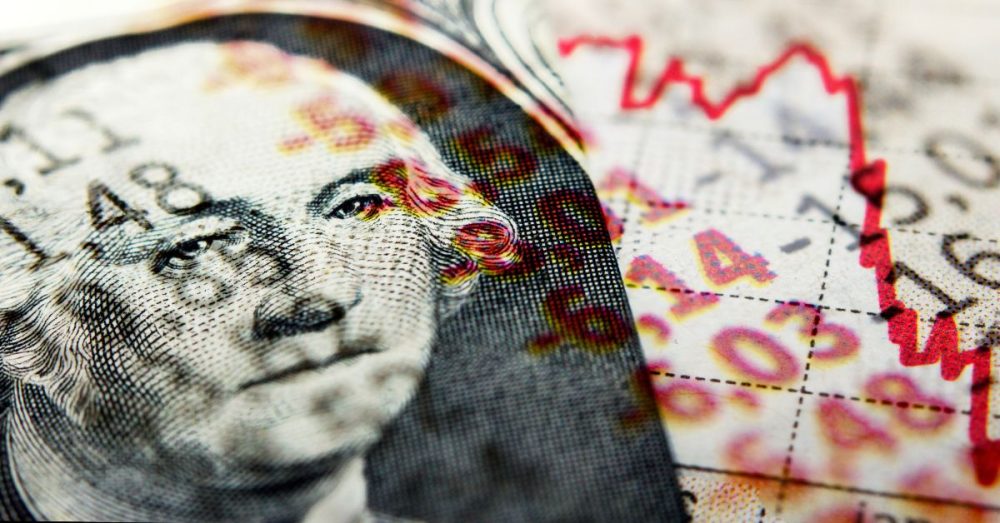It’s the $64,000 Question — more like the $750,000 Question when adjusted for today’s purchasing power: Is the U.S. heading into a recession or not?
Just as the mainstream media could not be relied upon to tell the American public about President Joe Biden’s declining cognitive functions, they can’t be relied upon to tell us the truth about the state of the economy. Every minor change — even a couple hundredths of a percentage point — are celebrated as if they are some sign of life on Mars.
In July, the unemployment rate jumped to 4.3%, triggering the Sahm Rule. Created by Federal Reserve economist Claudia Sahm in 2019, the Sahm Rule is an indicator that has accurately signaled nearly every U.S. recession since the 1950s based on historical data. According to the rule, a recession is imminent if the unemployment rate’s three-month moving average rises half a percentage point or more from its low the previous year. Following the latest unemployment numbers, the Sahm Rule hit .53%.
Steven Bell, chief economist at BMO, said, “[The Sahm Rule] has given no false positives and no false negatives since 1950 when there have been 11 U.S. recessions. It’s also accurate in terms of timing of a U.S. recession within a few months — much more accurate than standard measures like the yield curve. It is therefore something to be concerned about.”
However, Bell explained that he expects an economic slowdown rather than a recession despite the noted accuracy of the Sahlm Rule.
Suddenly, even rules that have never produced either a false positive or a false negative are wrong.
Garry Evans, BCA Research’s chief strategist of global asset allocation, disagrees with Bell and everyone else trying to convince Americans that the country is not heading for a recession.
CNBC spoke with Evans to hear his perspective. Here’s the start of the story:
Contrary to what many believe, investment research firm BCA Research sees that the economy is on the cusp of a recession, and the predicted upcoming U.S. Federal Reserve rate cuts will not be sufficient to steer markets out of it.
“Every single one of us now believes there’s a recession, and that’s exactly the opposite of what the market believes,” Garry Evans, BCA Research’s chief strategist of global asset allocation told CNBC’s “Squawk Box Asia.”
Evans pointed to signs of the economy slowing down, including what he called the “deteriorating” U.S. labor market. The U.S. Labor Department reported that the unemployment rate inched to 4.3% in July to its highest since October 2021, and a gauge for U.S. manufacturing activity fell to an eight-month low in the same month.
“There’s things that are breaking down quite rapidly now,” said the strategist.
The Fed funds futures market suggests that investors are expecting at least three rate cuts by the end of the year, according to the CME FedWatch Tool.
But according to Evans, that will not move the needle much on his projections.


